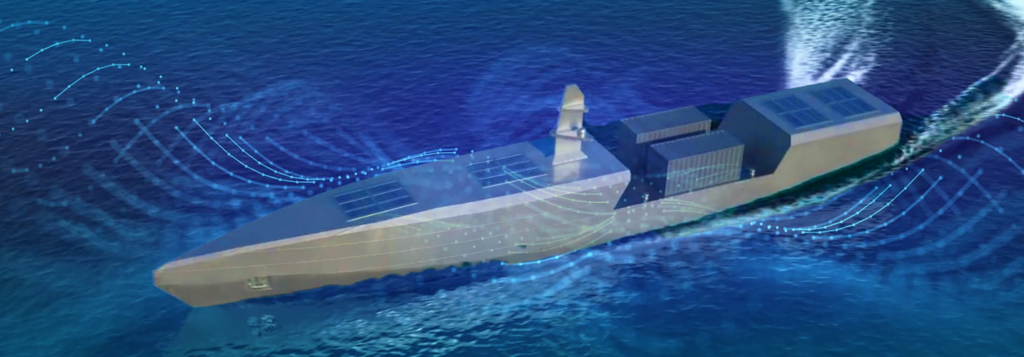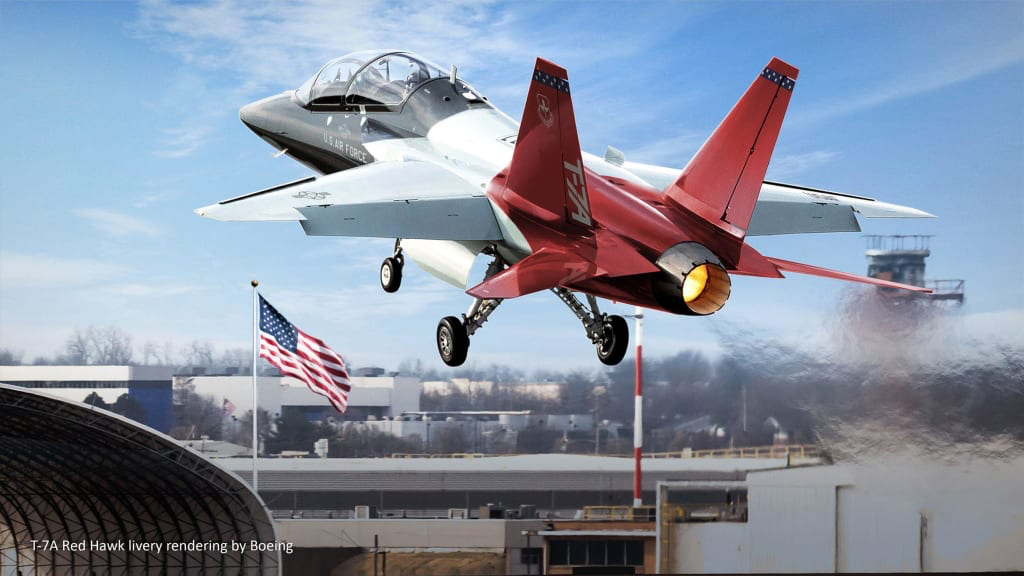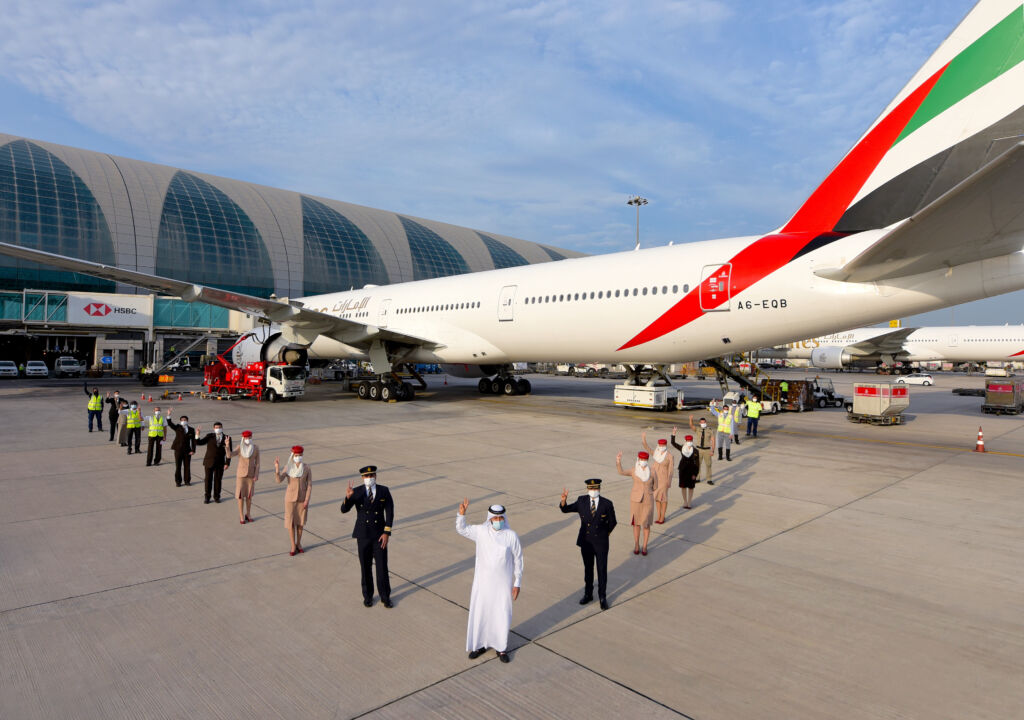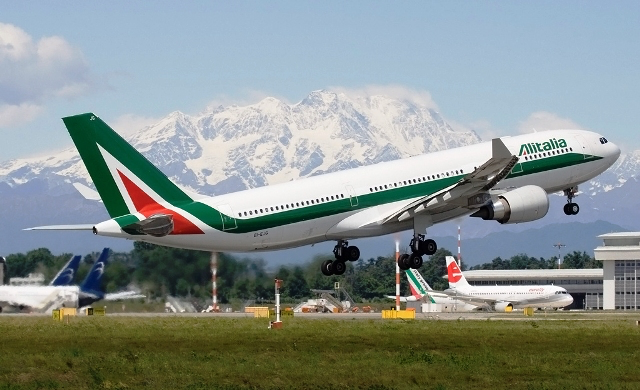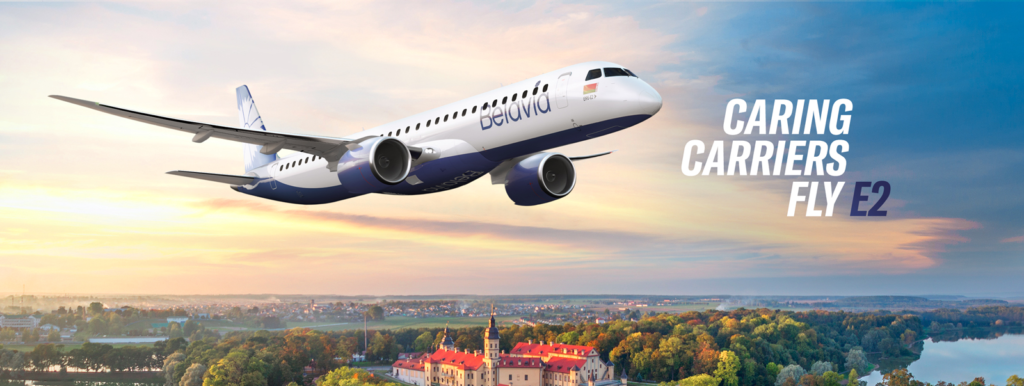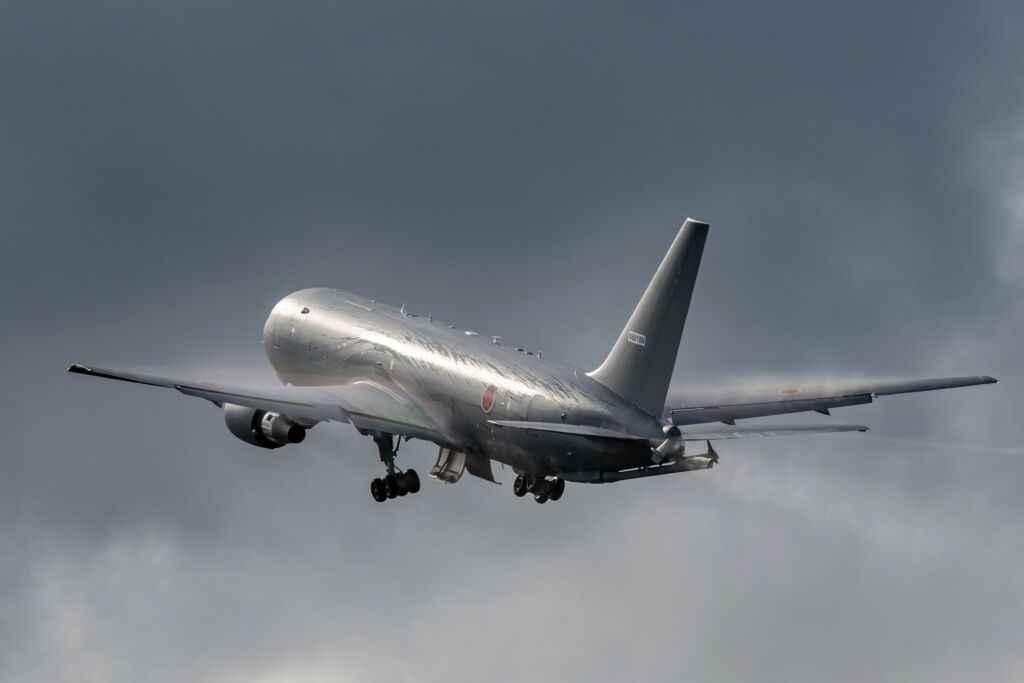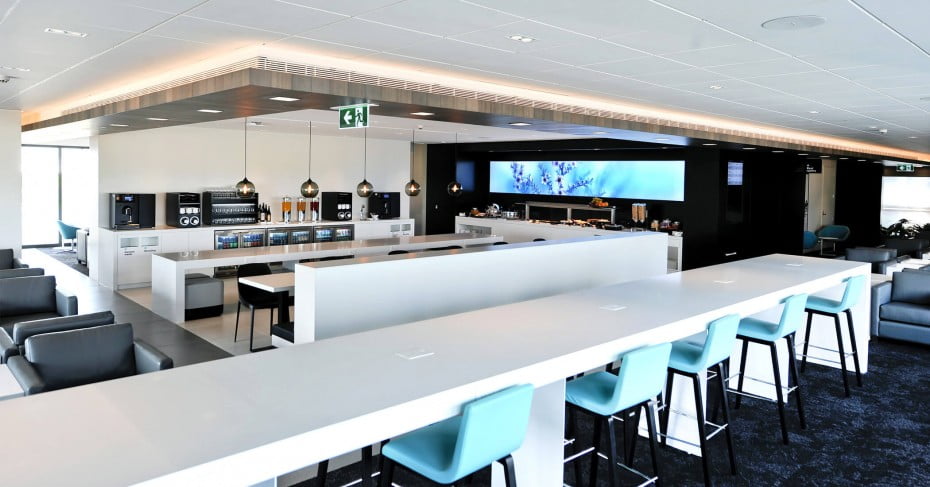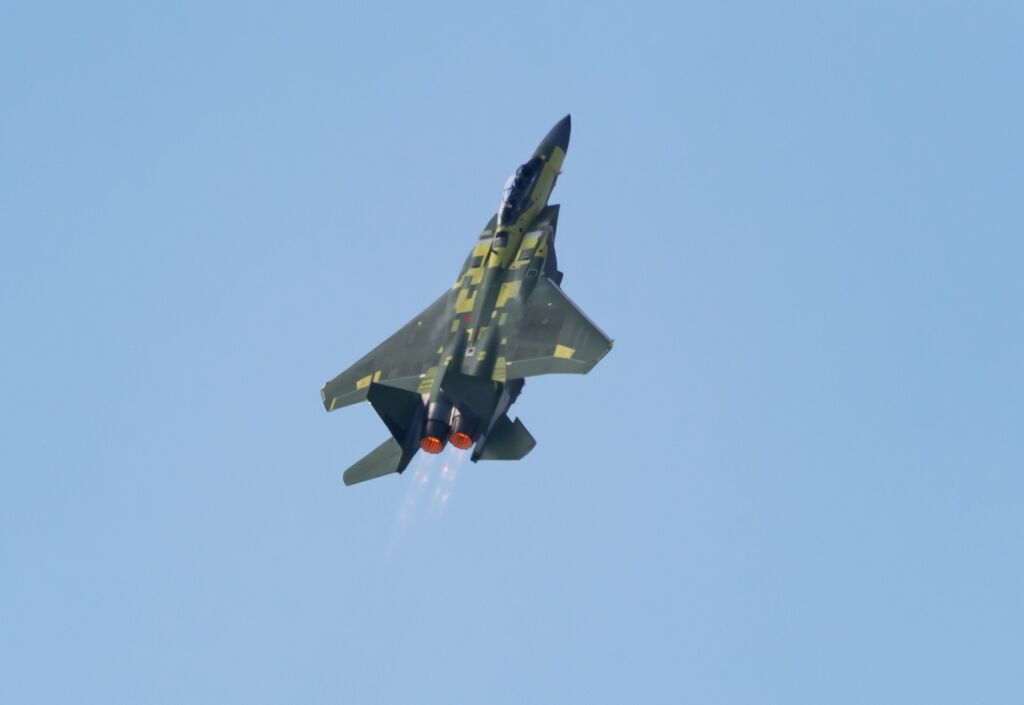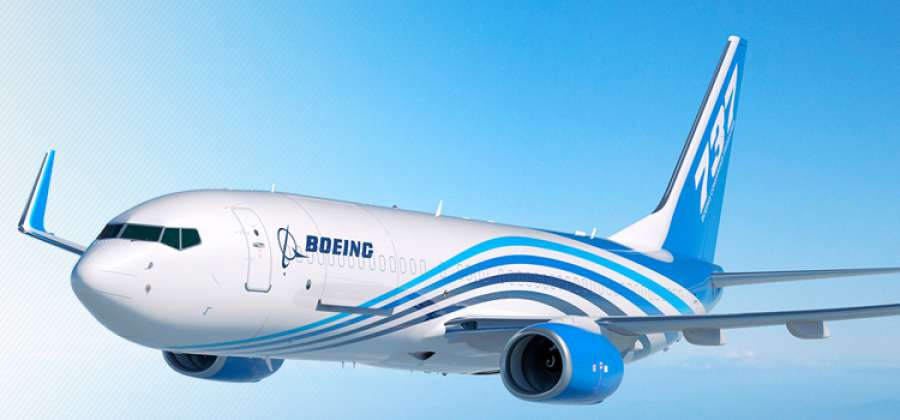Boeing Loyal Wingman Uncrewed Aircraft Completes First Flight
AUSTRALIA, March 1, 2021 – Boeing [NYSE: BA] Australia and the Royal Australian Air Force (RAAF) have successfully completed the first test flight of the Loyal Wingman uncrewed aircraft. The flight of the first military aircraft…

